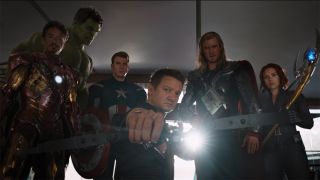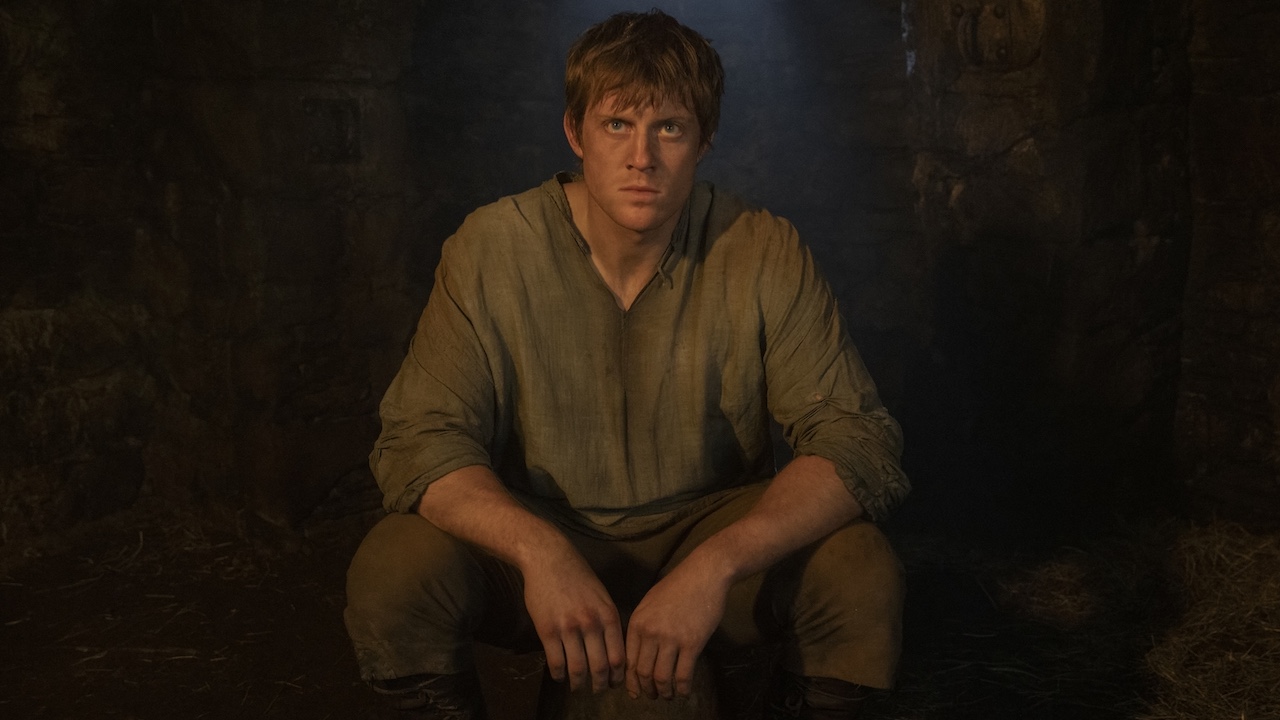kevin feige
Latest about kevin feige

Upcoming Star Wars Movies And TV Shows
By Eric Eisenberg, Philip Sledge, Adam Holmes last updated
Here are all the upcoming Star Wars movies and TV shows, and when we can expect them to arrive.

I Love How Even The Marvels’ Director Is Trying To Get X-Men Spoilers Out Of Kevin Feige
By Eric Eisenberg published
She is one of us.

Rumors Swirled About Sony And Marvel Clashing Over Spider-Man: Brand New Day, And How Kevin Feige (Allegedly) Put The Kibosh On One Big Director
By Ryan LaBee published
Did fans dodge a bullet?

Nia DaCosta's Been Open About The Marvels Not Going Well, But Insists There's No 'Ire’ (And Kevin Feige Even Did Her A Solid)
By Erik Swann published
There's still some love here.

Avengers: Endgame Was All About ‘Endings.’ How Kevin Feige Says Secret Wars Will Be Very Different
By Erik Swann published
Don't expect Endgame 2.0.

James Gunn Reveals The One DC Character Marvel’s Kevin Feige Told Him He Wants To See In A Film, And I’m Right There With Him
By Mike Reyes published
Some may find this bizarre to hear...

Someone Asked Harrison Ford If He'll Return To Marvel, And He Had A One-Word Answer
By Corey Chichizola published
On brand.

Any Other Marvel Fans Worried About Kevin Feige's Comments About The MCU's Future?
By Alexandra Ramos published
The worry is starting to seep in again...
CINEMABLEND NEWSLETTER
Your Daily Blend of Entertainment News
LATEST ARTICLES


